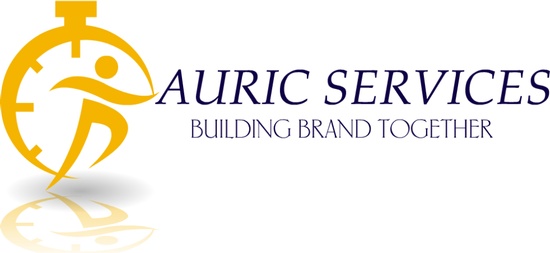Lease Types
Lease Types
A Guide to Different Lease Types
In transportation, different lease types cater to various business needs, offering flexibility in acquiring trucks and trailers without the need for full ownership. Here’s a breakdown of the most common lease types in the industry:
Operating Lease (or Open-End Lease)
An operating lease is a short-term rental agreement, where the lessee pays for the use of the equipment without taking ownership. In transportation, this type of lease is popular for companies that want to avoid long-term commitments and prefer to upgrade their fleet regularly. At the end of the lease term, the lessee can return the vehicle, extend the lease, or purchase the vehicle for its residual value. Operating leases often come with flexible terms and no mileage limits, making them ideal for companies with fluctuating or unpredictable transport needs. Maintenance and repair costs may be included, which reduces operational headaches, but the lessee doesn’t build equity in the vehicle.
Finance Lease (or Closed-End Lease)
A finance lease, also known as a capital lease, is similar to a loan agreement where the lessee makes payments to own the truck or trailer at the end of the lease term. In transportation, this is ideal for companies that plan to use the vehicle for a long time and want ownership at the end of the term. Unlike an operating lease, a finance lease typically includes a fixed purchase option at the end of the lease, which means the company is paying toward ownership. There may be mileage restrictions or wear-and-tear clauses, but once the payments are complete, the vehicle belongs to the lessee. This is a good choice for businesses looking to own and customize their vehicles.

Full-Service Lease
A full-service lease goes beyond just the use of the vehicle—it includes comprehensive maintenance, insurance, and repair services, all rolled into a single payment. This lease type is attractive to transportation companies that want to avoid the hassle of managing vehicle upkeep. With a full-service lease, the lessor assumes responsibility for keeping the trucks and trailers in top condition, which minimizes downtime and ensures a predictable cost structure. While the lessee doesn’t own the vehicle at the end of the lease, the convenience of having all maintenance handled makes this option popular with companies that prioritize operational efficiency over asset ownership.
Terminal Rental Adjustment Clause (TRAC) Lease
The TRAC lease is a common type of lease in the transportation industry, particularly for commercial vehicles. It provides more flexibility in terms of the vehicle’s residual value. At the end of the lease term, the lessee can purchase the vehicle at a predetermined value or return it and either owe money or receive a refund based on the vehicle’s market value. This type of lease is popular for businesses that want flexible ownership options while managing tax benefits, as TRAC leases often qualify for favorable tax treatment.
Sale and Leaseback
In a sale and leaseback agreement, a company sells its existing fleet to a leasing company and then leases the same vehicles back. This provides an immediate cash injection while still allowing the company to use its equipment. It’s a good option for businesses needing to free up capital without losing operational capacity, though it comes at the cost of ownership.
These lease types allow transportation businesses to tailor their agreements to their financial strategies, fleet needs, and operational goals.
Looking for more details?
Leave the details to us, ensuring you make the best investment
Contact
+1 647.518.2122
info@auricservices.ca
auricservices.ca
© 2024 Auric Services | All Rights Reserved | By Kemmisys
